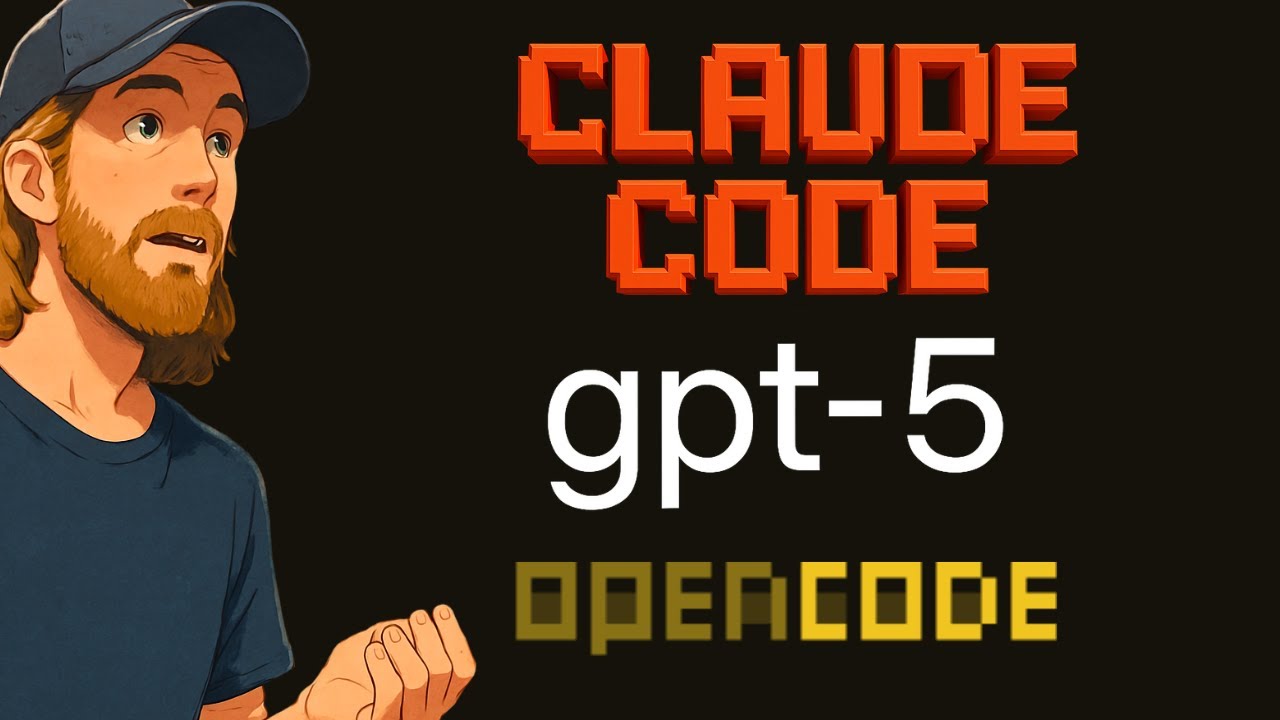In the livestream, the host builds a simple web app for sharing links within the community while exploring and comparing various AI models like GPT-5 and Claude AI, focusing on their coding capabilities, pricing, and practical applications. Alongside technical development and AI experimentation, the host engages with viewers on AI trends, shares personal interests, and plans future projects integrating AI with real-world data.
In this livestream, the host begins by addressing some initial technical issues with their network before diving into the main topic: building a simple web app where viewers can share URLs, articles, videos, and projects that are otherwise difficult to share directly in YouTube chat. The app is designed as a straightforward, one-page interface hosted on Vercel, with a backend database to store and display shared links. The host emphasizes simplicity and functionality over aesthetics, aiming to create a useful tool for the community to exchange resources easily.
Throughout the stream, the host discusses various AI models and tools they have been experimenting with, including GPT-5, Claude AI, Open Router, and others like Gemini and Opus. They share insights on the performance, pricing, and use cases of these models, noting that GPT-5 is particularly strong in coding tasks but has some quirks, such as requiring longer, more detailed prompts and occasionally refusing to answer difficult questions. The host also explores the concept of small versus large language models, highlighting that smaller models trained on specific domains can sometimes outperform larger, more general models in their niche.
The host also delves into advanced AI development tools like Open Code and MCP servers, experimenting with agent-based architectures and sub-agents to enhance AI workflows. They demonstrate setting up validation for user inputs using GPT-5 Nano to filter inappropriate content before storing it in the database, improving the app’s security and usability. The stream includes testing various configurations and discussing the pros and cons of different AI platforms and subscription plans, reflecting a hands-on approach to integrating AI into practical applications.
In addition to technical discussions, the host shares personal interests and community interactions, such as movie recommendations like “Her,” “Devs,” and “Pantheon,” and engages with viewers about AI trends and market predictions. They mention plans to build an app using the Poly Market API to track prediction markets in real-time, showing enthusiasm for combining AI with real-world data. The host also reviews community feedback on AI model evaluations, debunking simplistic benchmarks and emphasizing the importance of instruction-following, reasoning, and tool integration over raw accuracy on trivial tasks.
The stream concludes with the host summarizing the progress made on the link-sharing app, inviting viewers to contribute ideas and resources through the new platform. They express a positive outlook on GPT-5’s capabilities and pricing, indicating plans to continue exploring AI tools and hosting future streams. The session blends practical coding, AI experimentation, and community engagement, providing a comprehensive overview of current AI development trends and hands-on project building.
